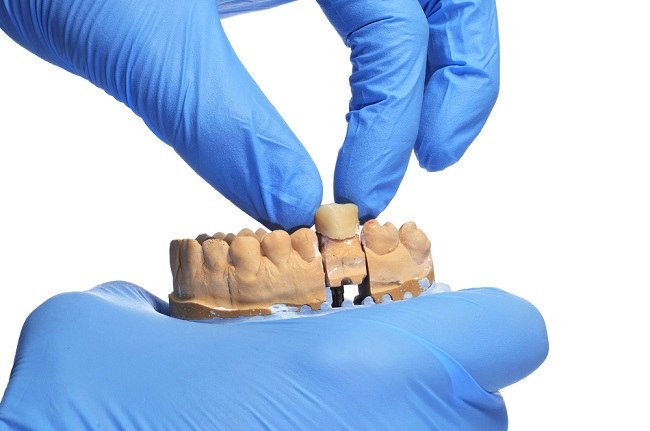Papilledema is swelling of the optic nerve of the eye. This condition is often a sign of a serious illness that needs immediate treatment.
Papilledema generally causes visual disturbances. Not infrequently, additional symptoms such as headaches and nausea appear. Papilledema is a condition that should not be taken lightly, as it can signal a serious illness, such as meningitis or a brain tumor.

Recognize the Symptoms of Papilledema
Visual disturbances caused by papilledema can include blurred vision, ghosting, or even blindness in one or both eyes. The duration of the disturbance varies, it can only last a few seconds or a few minutes, but it can also happen permanently.
In addition to visual disturbances, swelling of the optic nerve in the eye can also cause the following additional symptoms:
- Pain in one or both eyes
- Headache
- Nausea and vomiting
- More sensitive to light (glare)
- Visual disturbances that get worse when coughing or straining
- Very sleepy or very tired
- Appears buzzing or noise in the ears without a clear sound source
If you feel the above symptoms, immediately consult an ophthalmologist for examination and treatment.
What Sjust Pwhat causes papilledema?
Papilledema is caused by increased pressure inside the head. Pressure inside the head can increase for several reasons, including:
- Buildup of cerebrospinal fluid in the brain (hydrocephalus)
- Accumulation of pus in the brain (brain abscess)
- Brain swelling
- Inflammation of the membranes that protect the brain (meningitis)
- Inflammation of the brain (encephalitis)
- Severe head injury
- Bleeding in the brain
- High blood pressure
- Brain tumor
However, sometimes papilledema can also appear without a specific disease or clear cause.
Given the many possible causes of papilledema and the risks, this condition needs to get a complete examination from a doctor. The doctor will perform a physical examination and an eye examination (ophthalmoscopy). Investigations, such as a CT scan or MRI of the head and a cerebrospinal fluid analysis, may also be needed.
How to Treat Papilledema
Treatment for papilledema will be given according to the underlying condition. If the cause of papilledema is not known with certainty, the doctor may recommend suctioning some of the cerebrospinal fluid through a lumbar puncture, and giving medications to reduce swelling of the optic nerve in the eye.
For papilledema caused by a brain tumor, the doctor will perform surgery to remove the tumor or chemotherapy. If papilledema is caused by a bacterial infection in the brain, the doctor will prescribe antibiotics.
Another thing if papilledema occurs due to hypertension or high blood pressure. For this condition, your doctor will prescribe blood pressure-lowering medications, such as diuretics, beta blockers, or ACE inhibitors.
Untreated papilledema can cause serious complications, ranging from seizures, stroke, blindness, and even death. Therefore, don't be lazy to do regular check-ups with an ophthalmologist or ophthalmologist who is a neuro ophthalmologist, especially if you already have vision problems or other papilledema symptoms.









